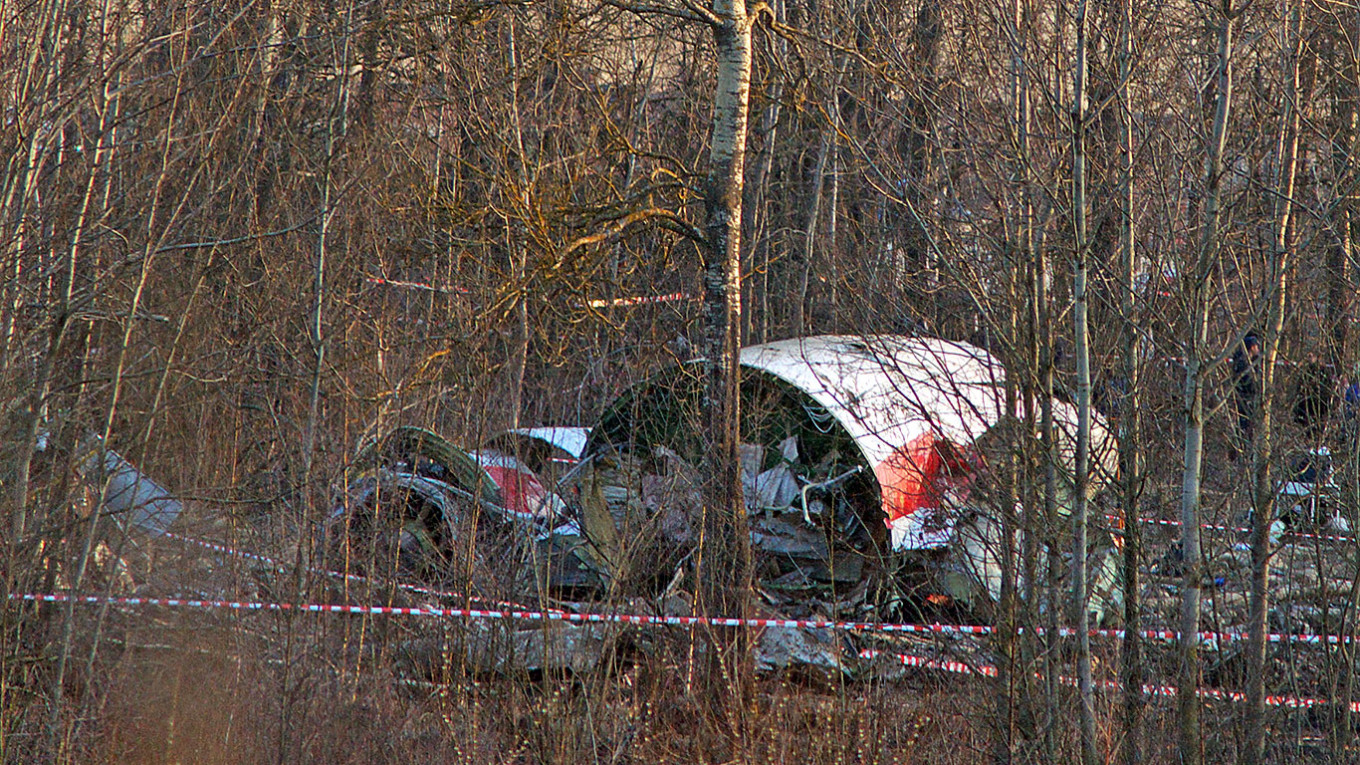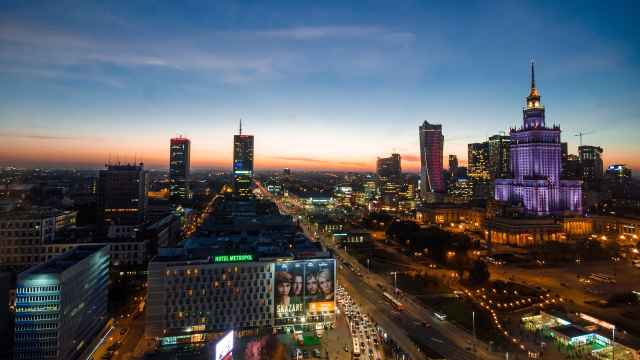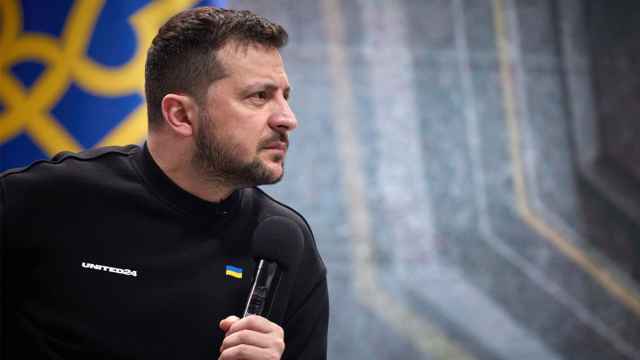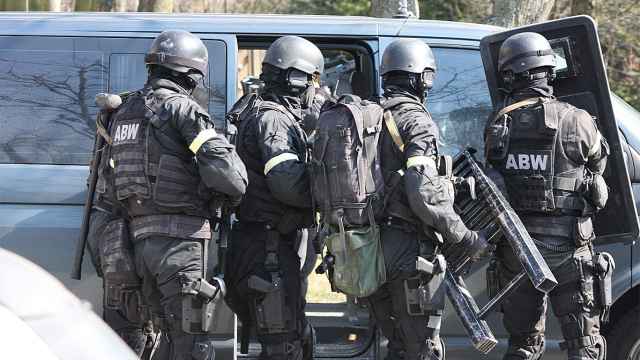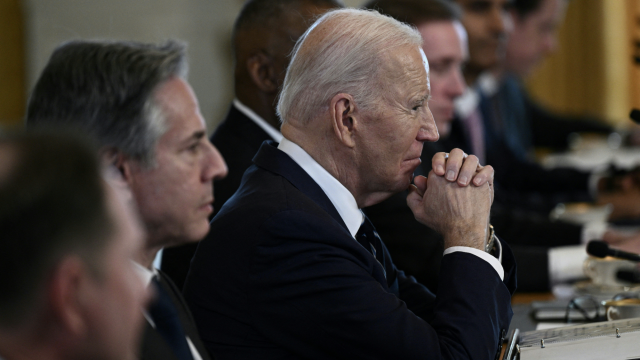On-board explosive devices caused the 2010 Smolensk air disaster that killed Poland's then-president, a special Polish investigative commission said Tuesday.
Ninety-five others also died in the crash in western Russia that claimed the life of president Lech Kaczynski, the twin brother of current governing party leader Jaroslaw Kaczynski.
The official delegation was en route to Smolensk for a ceremony to mark the murder of thousands of Poles by Soviet secret police at Katyn, in 1940.
The cause of the crash has been the subject of a fierce debate that has divided Poland ever since, with some believing it was deliberate and others rejecting that as a conspiracy theory.
"The real cause of the Smolensk catastrophe was two explosions in the final phase of the flight," the government commission said in a report on its website, suggesting explosive devices had been planted aboard.
The governing Law and Justice (PiS) party has for years alleged the crash was not an accident, in contrast to initial findings that blamed bad weather, errors by the Polish pilots and Russian air traffic controllers.
That official investigation in the wake of the crash had been conducted under the previous liberal government of Donald Tusk, Jaroslaw Kaczynski's arch-rival.
Russia, which refuses to hand over the plane wreckage until it concludes its own investigation, has categorically rejected any responsibility for the crash, blaming Poland.
Warsaw's new report says traces of explosives were found on fragments of the plane and claims two explosive devices may have been introduced on board during repairs in Russia.
It said that the overhaul took place in Samara at a plant of the manufacturer Aviakor "belonging at the time to the Russian oligarch Oleg Deripaska, friend of then Russian prime minister Vladimir Putin."
The report uses cautious language, speaking of "possibilities" of planting explosives, and posits that the Polish president was targeted because of his anti-Russia politics but stops short of calling the crash an assassination.
Jaroslaw Kaczynski on Sunday went so far as to describe the crash as "an attack," calling for "those who took the decision and those who carried it out, here in Poland, but most of all in Russia" to be identified and punished.
A Message from The Moscow Times:
Dear readers,
We are facing unprecedented challenges. Russia's Prosecutor General's Office has designated The Moscow Times as an "undesirable" organization, criminalizing our work and putting our staff at risk of prosecution. This follows our earlier unjust labeling as a "foreign agent."
These actions are direct attempts to silence independent journalism in Russia. The authorities claim our work "discredits the decisions of the Russian leadership." We see things differently: we strive to provide accurate, unbiased reporting on Russia.
We, the journalists of The Moscow Times, refuse to be silenced. But to continue our work, we need your help.
Your support, no matter how small, makes a world of difference. If you can, please support us monthly starting from just $2. It's quick to set up, and every contribution makes a significant impact.
By supporting The Moscow Times, you're defending open, independent journalism in the face of repression. Thank you for standing with us.
Remind me later.


